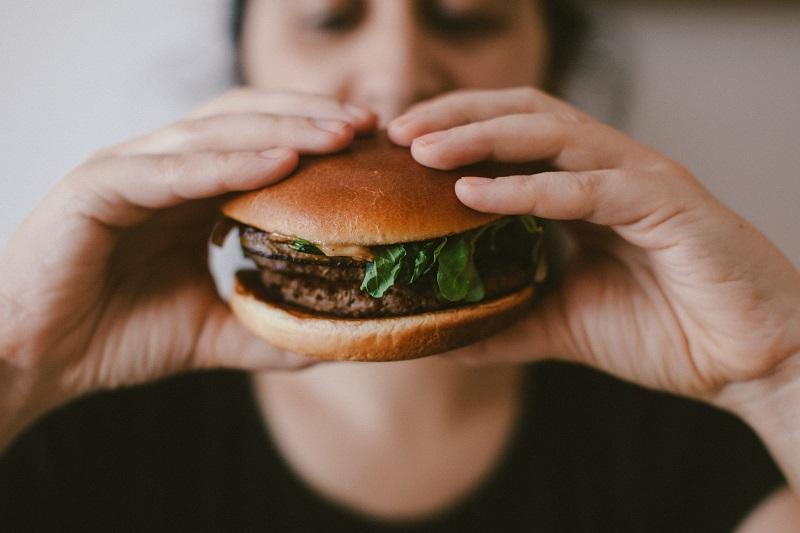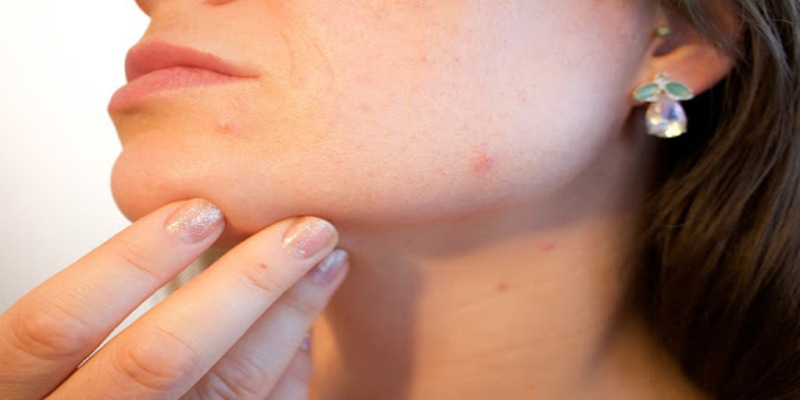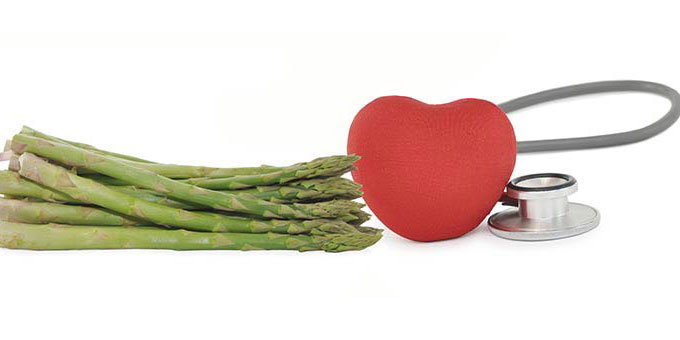Tackling Emotional Eating: Understanding and Overcoming It
Feb 11, 2024
Emotional eating, aka emotional eating disorder, a term many of us have heard, is more than just indulging in a tub of ice cream after a bad day. It's a real concern that affects a lot of people. If you find yourself reaching for food not because you're hungry, but because you're stressed, sad, or bored, you might be experiencing emotional eating. Let's discuss this in detail.
What Is Emotional Eating?
Emotional eating refers to the consumption of food in response to feelings, rather than physical hunger. Essentially, it's using food as a way to suppress or soothe negative emotions like stress, anger, fear, boredom, sadness, and loneliness. Major life events or more common daily stresses can trigger these feelings, but so can smaller events like having a tough day at work.
Why Do We Turn to Food?
- Comfort: Often, we associate food with comfort, possibly because of memories from our childhood, like being given a sweet treat when we felt sad.
- Habit: Sometimes, it's just what we've always done. If you were given candy as a reward when you were younger, you might still find yourself wanting something sweet when you've accomplished something today.
- Quick Fix: Food can provide a quick fix to instantly soothe our feelings. For a brief moment, that snack might make you forget about your problems.
Spotting Emotional Eating Disorder
Yes, emotional eating can transition into a disorder. It's essential to recognize the signs:
- Eating in Response to Emotions: This is the most apparent sign. If you're consuming food because you're sad or stressed, rather than when you're hungry, it's a red flag.
- Feeling Guilty After Eating: You might feel shame or guilt after an emotional eating episode.
- Frequent Weight Fluctuations: Emotional eating can lead to weight gain, which might result in dieting, followed by more emotional eating.
- Feeling Out of Control: Feeling like you can't stop yourself from eating, even if you want to.
Emotional Eating Therapy: A Helpful Path Forward

The good news is that emotional eating can be managed and treated with emotional eating therapy. Here's how:
- Professional Counseling: One-on-one counseling with a therapist can help address the root causes of emotional eating. They can provide coping strategies and tools to help you manage your emotions without turning to food.
- Group Therapy: Sharing your experiences and feelings with others can be therapeutic. It can help you feel less isolated and provide support from others who understand your struggles.
- Mindfulness and Meditation: These practices can help improve the awareness of your eating habits and your triggers. By understanding your triggers, you can work on addressing them without food.
Tips to Prevent Emotional Eating

- Keep a Food Diary: Jotting down what you eat, when you eat, and what you're feeling when you eat can provide insights into patterns and triggers.
- Develop Healthy Stress-Reducing Techniques: Instead of turning to food, try reading, listening to music, taking a walk, or practicing deep breathing exercises.
- Eat a Balanced Diet: Ensure your diet is full of whole foods, which can prevent blood sugar drops that can trigger food cravings.
- Don't Keep Tempting Foods Around: If you know you're likely to eat chips or chocolate when you're upset, it's best not to have them readily available.
- Stay Connected: Talk to loved ones or friends about your struggles. They might offer a listening ear when you're feeling low.
Frequently Asked Questions
What exactly is emotional eating?
Emotional eating is when someone eats food not because they're physically hungry, but because they're trying to deal with their feelings. It's like trying to fill an emotional need with food. This might happen when someone is sad, stressed, bored, or even happy.
Is emotional eating the same as being hungry all the time?
No, they're different. Emotional eating is about using food to handle feelings. It's not about the body needing food for energy. If you're eating because of your emotions, you might not even notice if you're full!
Can emotional eating turn into a disorder?
Yes, it can. If someone keeps turning to food to cope with their feelings, it might become a bigger problem called an "emotional eating disorder." This is when emotional eating starts to really affect someone's life and health.
How do I know if I'm an emotional eater?
If you find that you eat more when you're feeling certain emotions, especially if you're not actually hungry, you might be an emotional eater. Other signs are feeling guilty after eating or if eating is your main way to cope with feelings.
What's emotional eating therapy?
Emotional eating therapy a kind of treatment that helps people learn other ways to handle their emotions without using food. This might be one-on-one with a therapist or in a group. They'll help figure out why someone turns to food and give them tools to change this habit.





